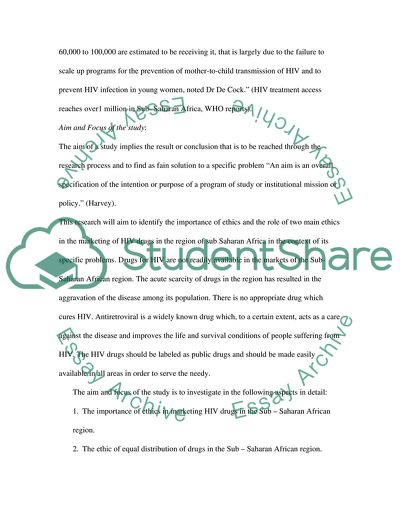Cite this document
(Ethics in marketing HIV drugs in Sub Saharan Africa Research Proposal, n.d.)
Ethics in marketing HIV drugs in Sub Saharan Africa Research Proposal. https://studentshare.org/marketing/1746334-ethics-in-marketing-hiv-drugs-in-sub-saharan-africa
Ethics in marketing HIV drugs in Sub Saharan Africa Research Proposal. https://studentshare.org/marketing/1746334-ethics-in-marketing-hiv-drugs-in-sub-saharan-africa
(Ethics in Marketing HIV Drugs in Sub Saharan Africa Research Proposal)
Ethics in Marketing HIV Drugs in Sub Saharan Africa Research Proposal. https://studentshare.org/marketing/1746334-ethics-in-marketing-hiv-drugs-in-sub-saharan-africa.
Ethics in Marketing HIV Drugs in Sub Saharan Africa Research Proposal. https://studentshare.org/marketing/1746334-ethics-in-marketing-hiv-drugs-in-sub-saharan-africa.
“Ethics in Marketing HIV Drugs in Sub Saharan Africa Research Proposal”. https://studentshare.org/marketing/1746334-ethics-in-marketing-hiv-drugs-in-sub-saharan-africa.


